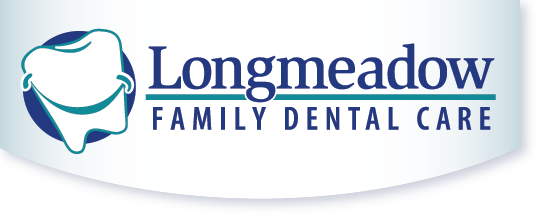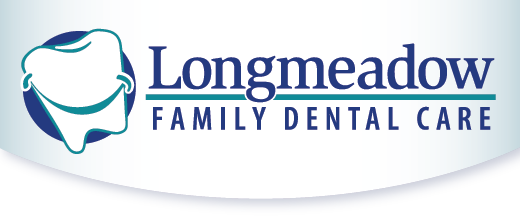Glossary
Our glossary features any dental term you need to know, from A to Z. Still confused about something? Give us a call — we’re happy to help.

- GingivoplastySurgical procedure to reshape gingiva.
- Glass IonomerPolyelectrolyte cement in which the solid powder phase is a fluoride-containing aluminosilicate glass powder to be mixed with polymeric carboxylic acid. The cement can be used to restore teeth, fill pits and fissures, lute and line cavities. It is also known as glass polyalkenoate cement,(...)
- Gold FoilThin pure gold leaf that is self adhering when condensed into a cavity. One of the oldest restorative techniques, it is compacted or condensed into a retentive cavity form.
- GraftA piece of tissue or alloplastic material placed in contact with tissue to repair a defect or supplement a deficiency.
- Guided Tissue Regeneration (GTR) A surgical procedure that uses a barrier membrane placed under the gingival tissue and over the remaining bone support to enhance regeneration of new bone.
- Healthcare Provider TaxonomyThe code that identifies the type of health care provider involved in furnishing services to beneficiaries.
- Health Insurance Portability And Accountability Act (HIPAA) Of 1966A federal law that includes Administrative Simplification Provisions that require all health plans, including ERISA, as well as health care clearinghouses and any dentist who transmits health information in an electronic transaction, to use a standard format. The HIPAA standard electronic(...)
- Health Maintenance Organization (HMO) A legal entity that accepts responsibility and financial risk for providing specified services to a defined population during a defined period of time at a fixed price. An organized system of health care delivery that provides comprehensive care to enrollees through designated providers.(...)
- HemisectionSurgical separation of a multi-rooted tooth.
- High Noble AlloysNoble Metal Content > 60% (gold + platinum group*) and gold > 40% Au)
- HistopathologyThe study of disease processes at the cellular level.
- Hold Harmless ClauseA contract provision in which one party to the contract promises to be responsible for liability incurred by the other party. Hold harmless clauses frequently appear in the following contexts: 1) Contracts . between dental benefit organizations and an individual dentist often contain a promise(...)
- Homologous See graft.
- HyperplasticPertaining to an abnormal increase in the number of cells in an organ or a tissue with consequent enlargement.
- Imaging, Diagnostic This would include, but is not limited to, CAT scans, MRIs, photographs, radiographs, etc.
- Immediate DentureProsthesis constructed for placement immediately after removal of remaining natural teeth.
- Impacted Tooth An unerupted or partially erupted tooth that is positioned against another tooth, bone, or soft tissue so that complete eruption is unlikely.
- ImplantMaterial inserted or grafted into tissue.
- Implantation, ToothPlacement of an artificial or natural tooth into an alveolus.
- Inappropriate Fee Discounting PracticesIntentionally engaging in practices which would force a dentist, who does not have a participating provider agreement, to accept discounted fees or be bound by the terms and conditions set forth in the participating provider contract. Some examples of inappropriate fee discounting practices(...)

